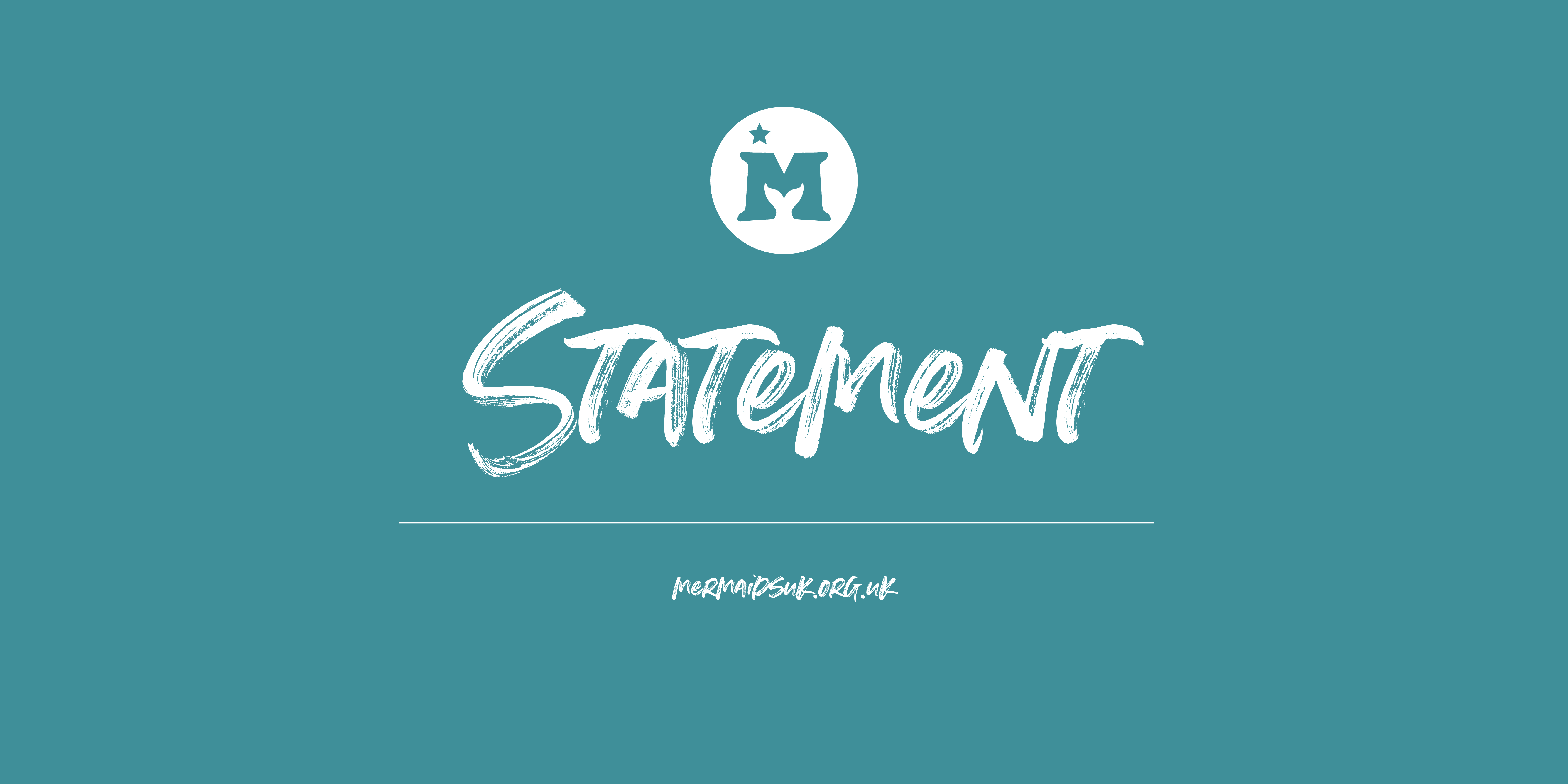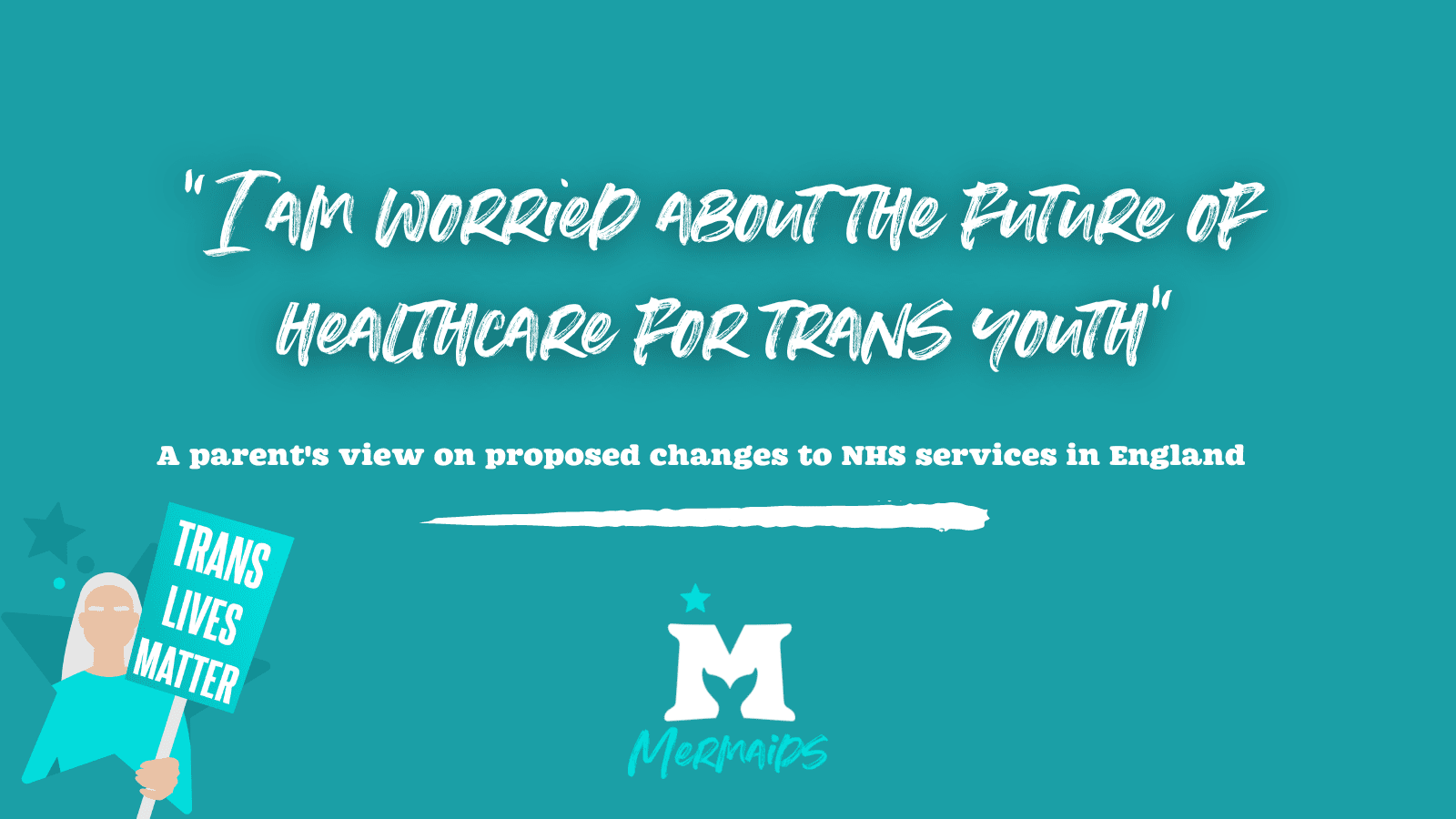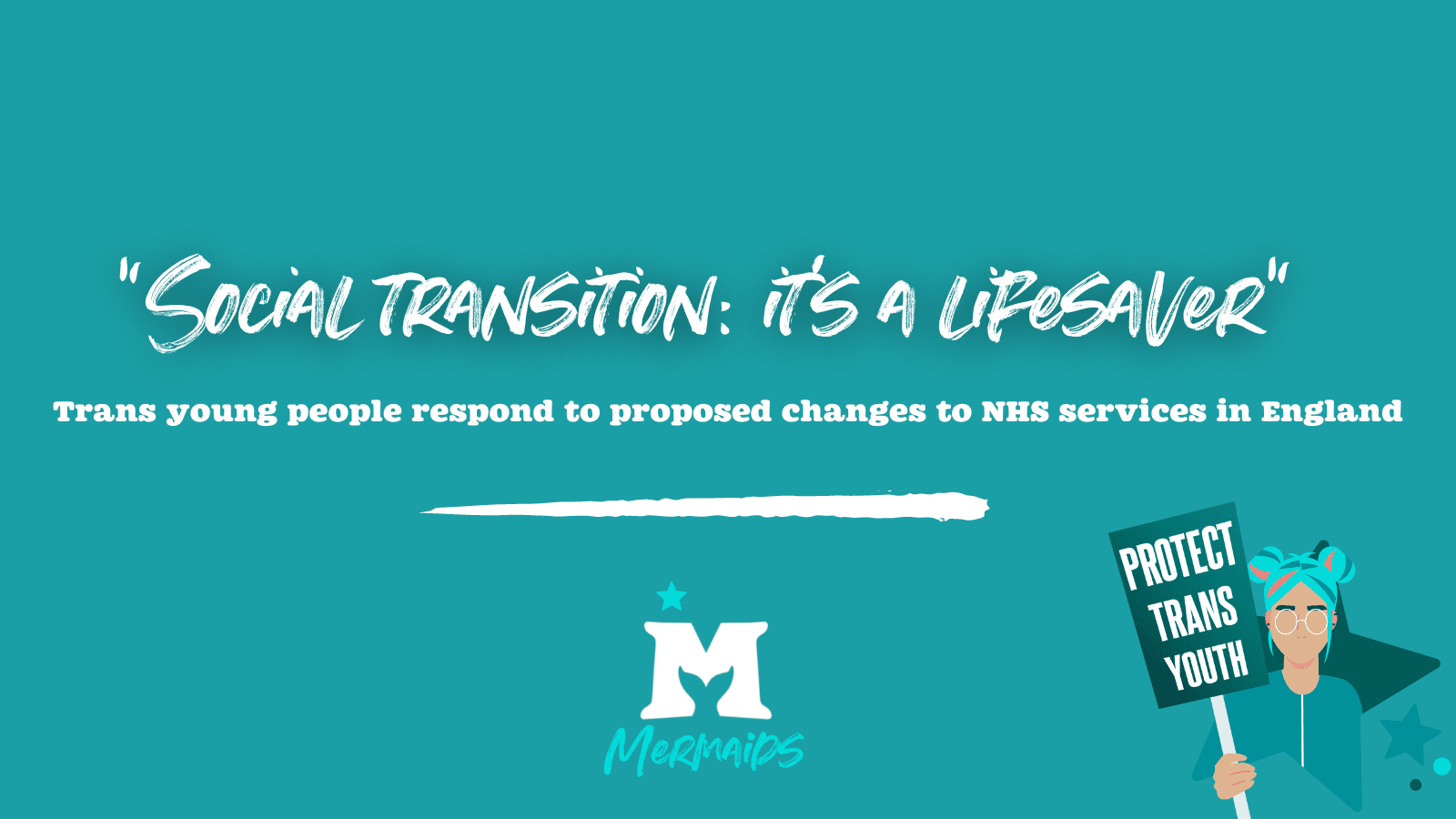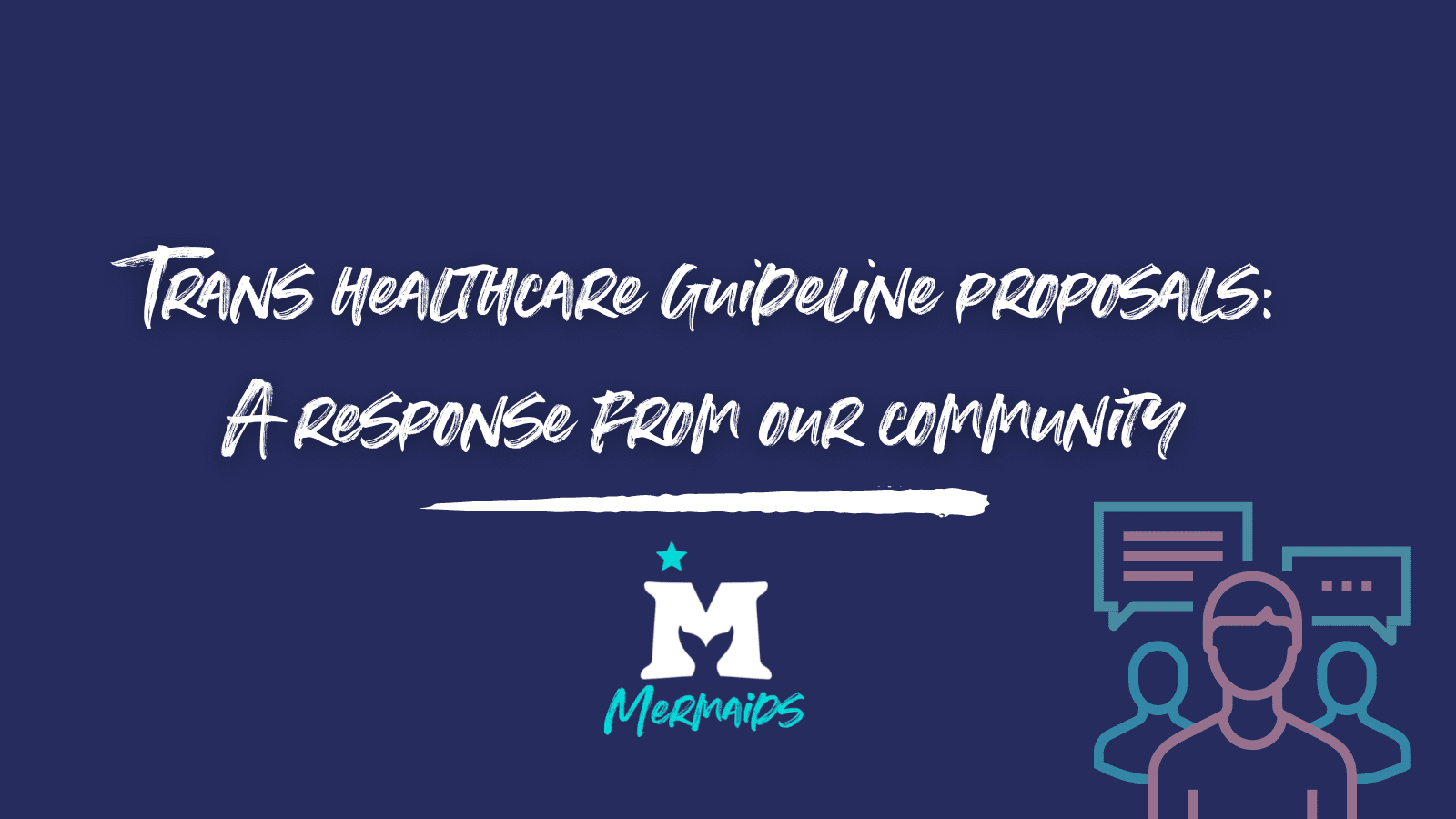As LGBTQ+ sector organisations, we are deeply disappointed that the UK Government has decided to continue criminalising the prescription of puberty suppressing medicines for trans children and young people outside of a proposed NHS research study
Every single child and young person, across all nations of the UK, should be able to get the care that they need to grow up happy and healthy. To be supported by well trained, knowledgeable professionals who can make the right decisions with them, and who have access to appropriate medical treatments. To not have to wait too long or travel too far. And right now, that simply isn’t what’s happening for trans and gender diverse children and young people across the UK. This decision will not make things better.
The Government is entirely disregarding the voices of trans youth, who made clear their deep opposition to the restriction of private prescriptions for puberty blockers during consultation. This is particularly concerning given the lack of information about the proposed study and concerns raised about it by the Council of Europe.
The Government’s approach will further harm and alienate trans children and young people and their families, who already experience significant barriers and discrimination when accessing the services that are meant to support them.
We will continue to advocate for timely, supportive and holistic healthcare access for all. It is vital the NHS now steps up its efforts to substantially reduce the 6+ year waiting lists, through a rapid expansion of youth gender identity services that recognise and support trans young people’s experiences, including access to puberty suppressing medicines and gender affirming hormones where appropriate.
To all the trans children and young people reading this: you are not alone – trans and gender non-conforming youth have always existed and found ways to thrive throughout youth and into adulthood. As LGBTQ+ organisations, we are here to support you, listen to your concerns and we won’t stop advocating for your needs.
We know that this decision has had, and will continue to have, a significant impact on the lives of some young people. We encourage people to write and post responsibly about this matter, bearing in mind the impact this can have on the mental health of others.
You can get in touch with any of the services below if you need someone to talk to:
- Mermaids Helpline and Webchat services are open Monday to Friday, 1pm-8:30pm on 0808 801 0400
- LGBT Youth Scotland available on web chat Monday, Wednesday and Thursday
- LGBT Health and Wellbeing Scotland Helpline available Tuesday to Thursday, 12-9pm and Sunday 1-6pm
- Papyrus, Samaritans and Shout, who are able to support anyone concerned about their mental health
Organisations
Mermaids
Consortium of Lesbian, Gay, Bisexual and Transgender Voluntary and Community Organisations
Supported by IGLYO and Transgender Europe (TGEU)





